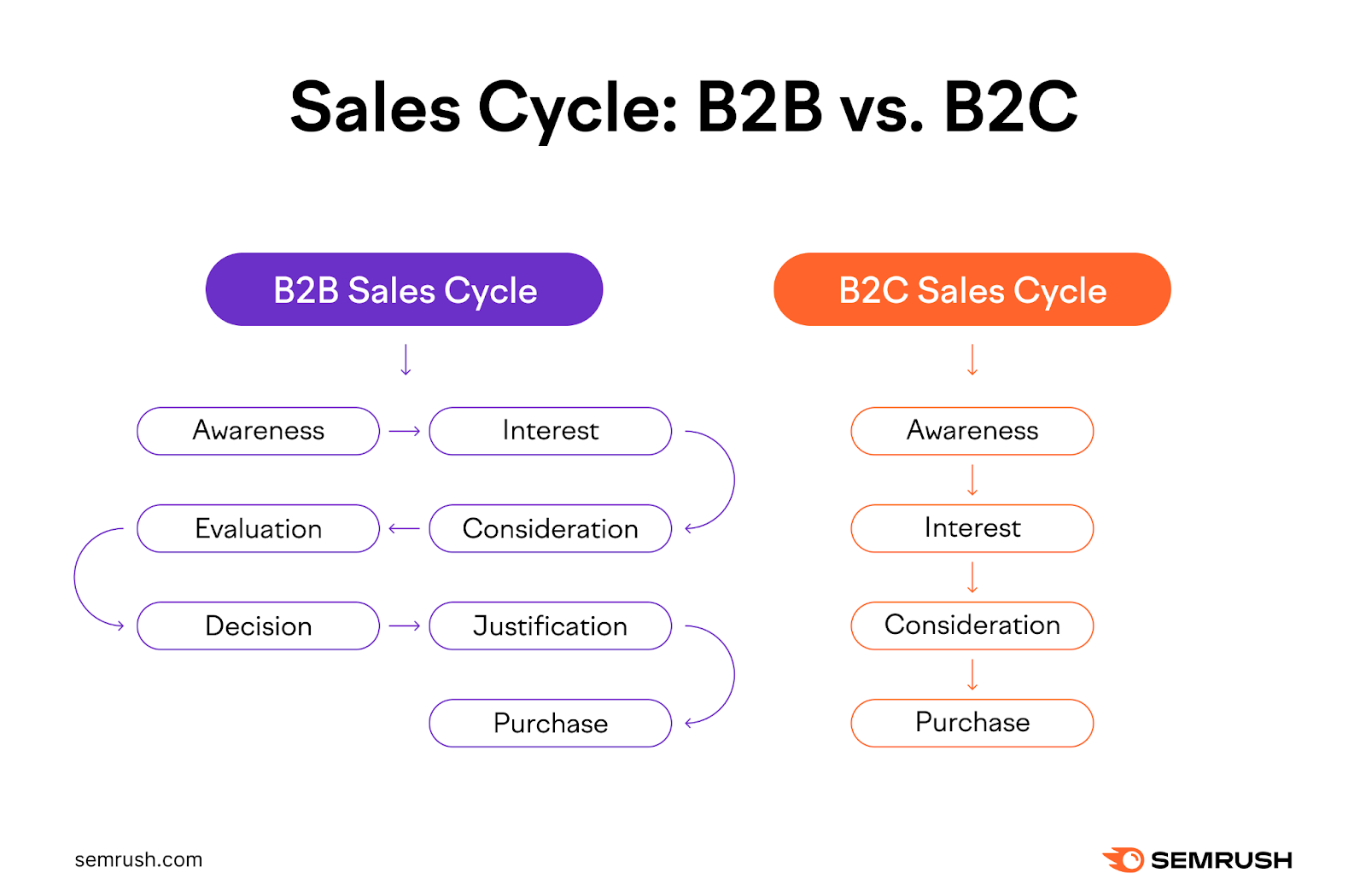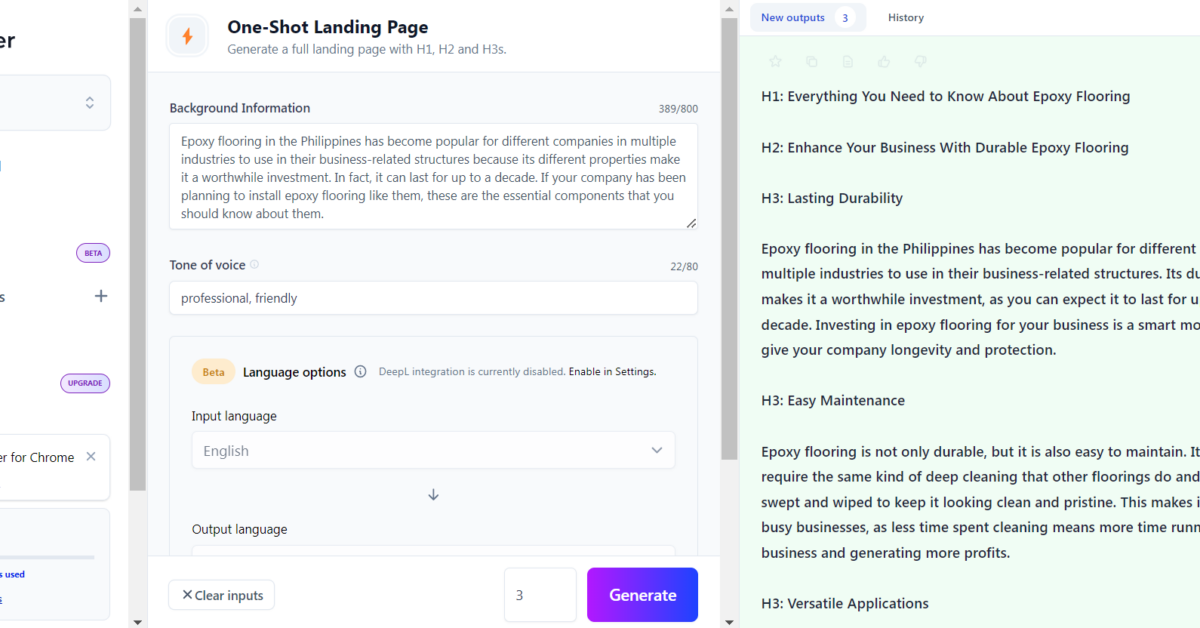
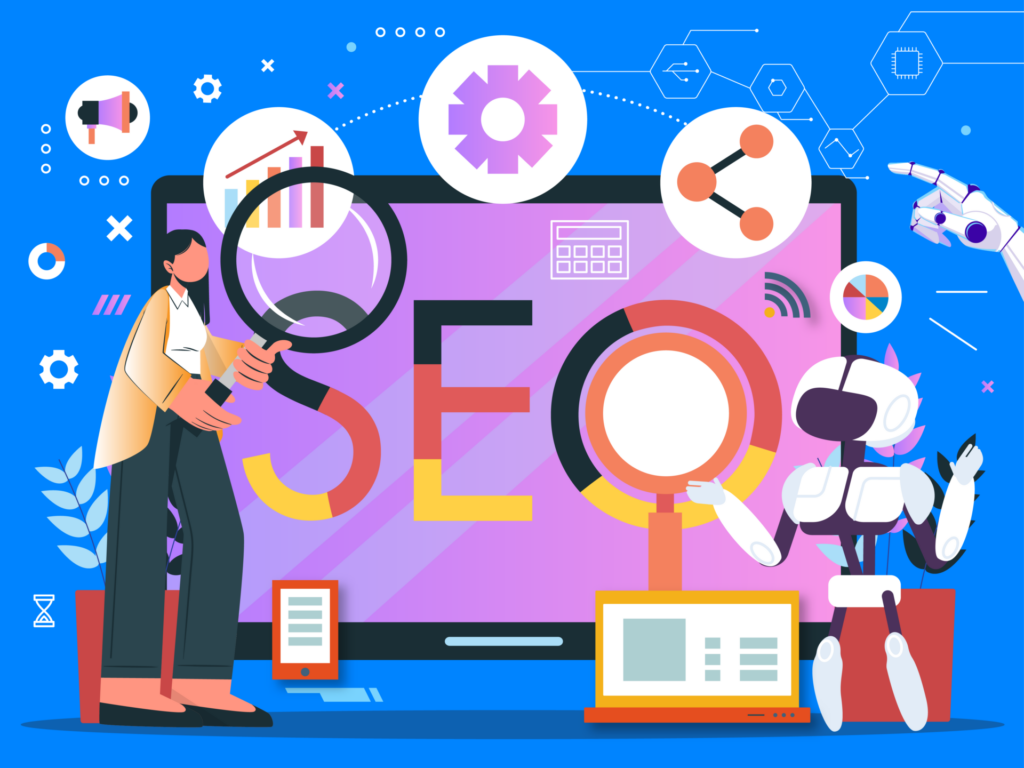
AI is no longer limited to science fiction, and has gone way beyond what conversational AI like Alexa and Siri are capable of. In fact, AI tools are now the frontier of every digital industry–including, of course, SEO.
But aren’t these AIs slowly taking over your job as an SEO Specialist? Trained to process massive amounts of data on a scale and level of accuracy that simply can’t be achieved by humans, many in the field are beginning to feel threatened.
You, as an SEO Specialist, should NEVER see AI tools as a threat to you. You should see it as one of the things that will step up your game in this field.
AI and SEO?
The concept of AI in SEO is not new. After all, we all know Google uses it’s own AI bots to scrape, scan, and rank millions of websites per day.
How does Google deal with AI in SEO?
The research project “Google Brain,” plus the acquisition of the AI specialist Deepmind back in 2014, the announcement of an “AI First” approach in 2016 by CEO Sundar Pichai, their most recent announcement of their own AI chatbot “Bard”–it’s very clear that this technology is something that will shape all areas of Google search.
And whatever Google deals with, SEO follows. AI and machine learning are becoming increasingly influential in our strategies today. We can expect AI to be embedded in how queries are understood, and how answers will be presented to users. It’s already being done by the likes of Bing AI.
The State of AI in the SEO industry
What’s different now is that there are now a plethora of technologies–the newly popular ChatGPT included, that are at the disposal of SEO Specialists today. And, their capabilities and features are constantly evolving and improving.
Their ability to extract insights from data at scale makes it perfect for SEO. Plus, many tools specialize in either the on page, off page, or technical aspects of SEO.
How is AI Being Used in the SEO Industry?
While generating and optimizing content is the most popular use of AI in SEO, there are several other areas that it has influence, including:
- Algorithm changes and updates. Major search engines are integrating (or have already integrated) elements of AI and machine learning into their algorithms. This will help refine their ability to provide relevant, authoritative search results; and better understand user intent in ambiguous queries.
- GPT-3 and AI-based writing. ChatGPT and other similarly built AI copywriting tools will be used to tackle repetitive writing jobs. Content is the heart of any SEO strategy, and certain machine learning algorithms are becoming increasingly proficient at generating human-like writing at scale.
- Data analytics, predictive ****** and recommendation tools. AI can analyze tons of data at once, allowing you to size up your competition, do your keyword research, rate the technical aspects of your website, and much more in much less time. These tools can even recommend specific changes to your site to see better results.
- Task automation. Repetitive tasks, like product write-ups, meta descriptions, and more, can be automated with the right tools. This function is often found in the same AI writing and copywriting tools mentioned earlier. This is particularly useful if the tasks follow a specific and replicable formula.
Right. SEO Specialists nowadays take advantage of the AI tools they can use to create effective website contents, better user experience, gather data, and even analyze the data gathered. In short, AI potentially equals increased productivity, saved time, and money for your SEO.
But of course, such advantages are only possible when you know what to change, what to use, and what to optimize for your SEO. Which begs the question: what can you do with the right AI tools? Let’s see how AI is affecting SEO exactly:
Better Content Creation
Content creation for your website indeed takes time. Filtering themes and relevant search results manually can take up entire days of your time. But, thanks to AI, it will shorten your time on brainstorming which relevant content you should focus on for your website.
With AI tools that can analyze and collect massive data for you, you can easily determine which relevant queries and content your audience is searching for.
It is a must nowadays to use AI tools to determine the market’s behavior, analyze how audiences behave, perform keyword research, or do site audits in order to come up with the best theme and content for your audiences and, of course, to rank in the first page of SERPs.
Here are some of the AI writing tools you can use for content creation:
Content Creation using Jasper AI
For content writing purposes, one of the best tools to use nowadays Jasper AI. It is an AI copywriting tool that can help you create unique content for your website. Unique generated content from an AI may seem impossible since most of these tools we know usually scrape content from different sources online, right?
Jasper AI team confirmed that this particular tool is trained to “almost always generate unique content.” It is also capable of pattern recognition, which allows it to write similar but not replicated content based on the template and information you give it.
One of the top features of this AI tool which I find helpful for SEO is the One-Shot Landing Page. This generates content for your landing pages, starting from H1 to H3 and with sample paragraphs you can use. You can also change the tone of voice depending on the article you are writing.
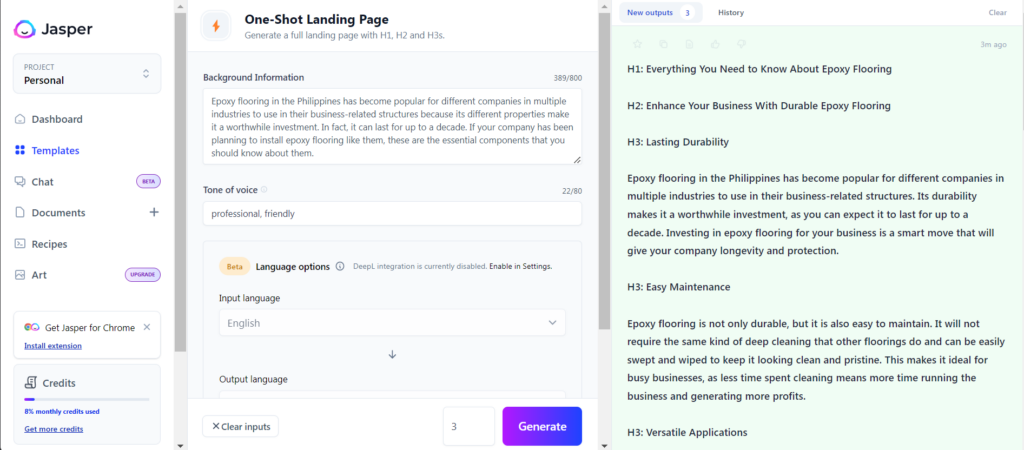
But of course, as an SEO Specialist, we need to make sure to add a human touch to whatever content it generates. That means editing, adding valuable and relevant details, and checking for plagiarism. This last step I recommend for any AI-written content, whether it comes from Jasper or another AI writing tool. That human touch not only makes sure it’s SEO-friendly–but that it’s also factual, helpful, and valuable to readers.
Semrush’s SEO Writing Assistant
One of the tools I recommend when checking the quality of the contents you wish to publish is Semrush. This tool has a SEO Writing Assistant that you can use to check which parts of your contents need improvement, if it is easy to read, and if it has a high quality SEO-friendly content.
This AI tool grades the readability, SEO quality, originality, and the tone of voice of your content–and it provides recommendations on how to improve them. It can also suggest which keywords to include to optimize and make your content relevant to the topic you are writing about.

What I like most about this tool is that you can make it as an extension or add-on to your WordPress, Google Docs, and MS Word to easily navigate its features without changing windows or tabs.
With this AI tool, you can improve the overall quality of your work, giving it a better chance at ranking on the SERPs, and reaching your audience.
But keep in mind that it is an AI “assistant” tool–take every recommendation that it makes with a grain of salt. As an SEO Specialist, you should see it as more of a guide towards creating great content, and not simply something to copy and paste onto your articles.
AI-Powered SEO Strategies
Can AI tools help you create an effective strategy for your SEO? The short answer is yes, it absolutely can.
AI can help you set up an effective strategy for your website and help you rank at the top of search engines. Using powerful and proper AI tools for your website can enhance your team’s productivity, and help you reach SEO goals in a shorter time frame.
You can also use your AI tools to help you determine what you should improve for your website, from your technical SEO, to your off-page strategy, to your content gaps. All this can help attract more people to your website.
One of the best AI-powered strategic moves you can do is doing a competitive analysis using your AI tools.
By this, you can easily determine how your competitors are ranking in the SERPs, what keywords they’re using, and what content they’re creating. Some tools can even analyze the outlines they use, how much website traffic they’re attracting, and more.
All this data can reveal where you can compete, and what these competitors are missing in their site. These unnoticeable weaknesses are something you can turn into your strength by making the right additions and optimizations to your website.
From this, I recommend using these AI tools for their insights. Then, use that to create a roadmap, so you can track your goals and productivity in each AI-powered task your team does.
Remember, these tools can present some pretty powerful data–but you will know how to best leverage it to your advantage. So it’s still important to look over that data and consider where it can be used.
Improved User Experience
User experience (UX) is vital to your ranking so you need to make sure that your website is appealing 24/7 aside from its basic functionalities.
Yes, even user experience can now be analyzed by AI. Much like Google’s own crawlerbots, AI can scan your site, and determine if the users are satisfied with the website functionalities and appearance. If not, then for sure, your content will rank down in Google.
To determine which factors you need to consider regarding your website’s UX, there are powerful AI tools to help you with it.
You can start with checking your website speed by using Google’s PageSpeed Insights. With this tool, you can determine both mobile and desktop’s performance and other onsite speed factors for your website, based on data collected over a 30-day period.
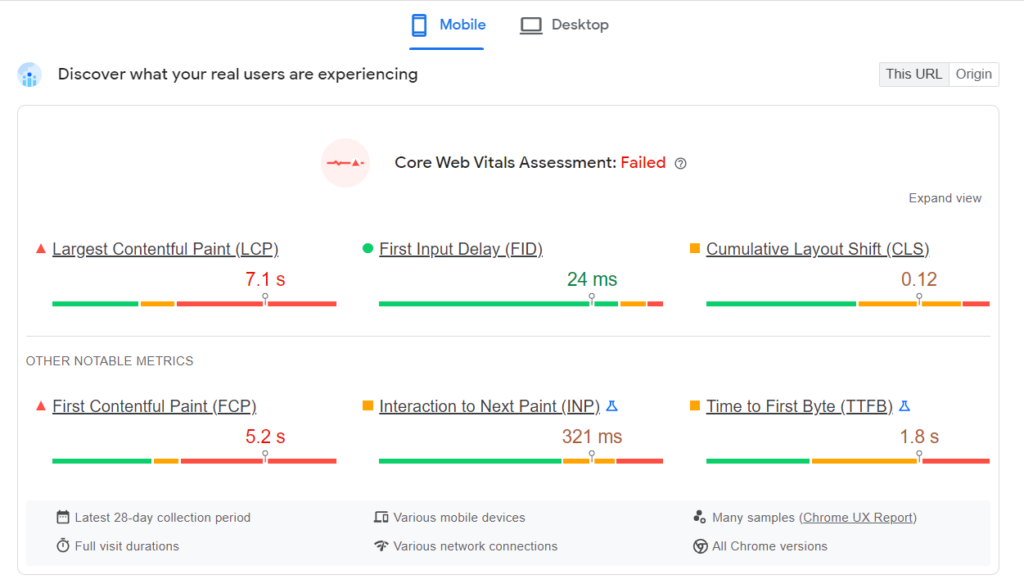
AI can improve your website’s UI/UX which is vital to rank on the first page of SERPs. You should optimize AI tools to quickly respond to errors that your audiences might encounter on your website or just easily avoid these inappropriate UX factors on your website that might make you rank down on Google.
Most importantly, these AI tools can help you create the best UX for your audiences and to increase website traffic to make your pages rank on the first page of Google.
Greater Ranking Results
Several tools also use predictive AI–a method of data analysis that finds patterns that might predict future behavior. In simpler terms, these tools forecast what kind of changes you should expect in performance.
With this, you can anticipate how your current strategy performs in the SERPS, and what changes you might need to make to weather (or take advantage of) jumps in SERPs.

Tools like SERanking predictive AI capabilities, through their traffic and search visibility forecasts. These tools can be used for individual pages, as well as for your entire website.
Here, you can check if your traffic is growing at a reasonable rate for your industry or niche. If it is, then that’s a great sign that your current strategy is paying off–so continue what you’re doing, or strengthen your efforts to reap the benefits.
If you’re seeing some stagnation or a decline, then this is a warning sign that your strategy needs revisiting. I recommend auditing your keywords, competitors, and content. Find what’s lacking, and optimize content and assets that are not pulling their weight. You can also use this tool to learn what topics and channels should be used less in the future.
Impact of AI to SEO
The days of tedious data analysis, slugging through research, and waiting for results are coming to an end. AI tools are changing the market–and offering increased relevance and visibility, and greater efficiency than ever before.
Previously unnoticed gaps in your SEO can be identified and fixed faster than ever. More complex, more ambitious strategies are now entirely possible for SEO as well. Heavy tasks like content development, conversion and usability optimization can be handled by AI–reliably and at scale.
But as SEO professionals level up with the use of AI, the pace of the industry is sure to speed up as well. Even today we see AI in SEO increasingly dominating the market, though this technology is, arguably, still in the early stages of what they could achieve.
Utilizing AI in Your SEO Efforts
Any SEO Specialist that has been in the field for several years now noticed that any AI updates never affected SEO in a negative way. As user intent nowadays gets refined, AI algorithms keep up with the search engine results—it should go the same way with us SEO Specialists. We should keep up with the up-to-**** AI tools and practices so we can take advantage and make it as an edge against competitors. So we should not be afraid of AI taking over SEO.
Though it will change how SEO goes. AI can perform SEO tasks but the results from the tasks they have done cannot always be accurate according to our SEO needs. As I have mentioned, it should be seen as an assistance because you are the specialist and they are just tools to help you get better results in this field.
Key Takeaway
AI will change SEO as we know it. From optimization to writing to building sites, it will significantly impact every aspect of the job.
As AI continues to develop, SEO will have to adapt. Us in the field have to consider adopting the best tools to stay ahead of the curve, and supercharge our SEO strategies. Soon enough the competition will be tighter. So adopting sooner rather than later will give you a long-term advantage against your competitors.
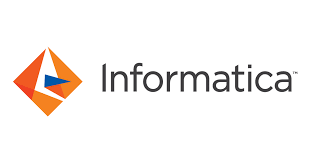
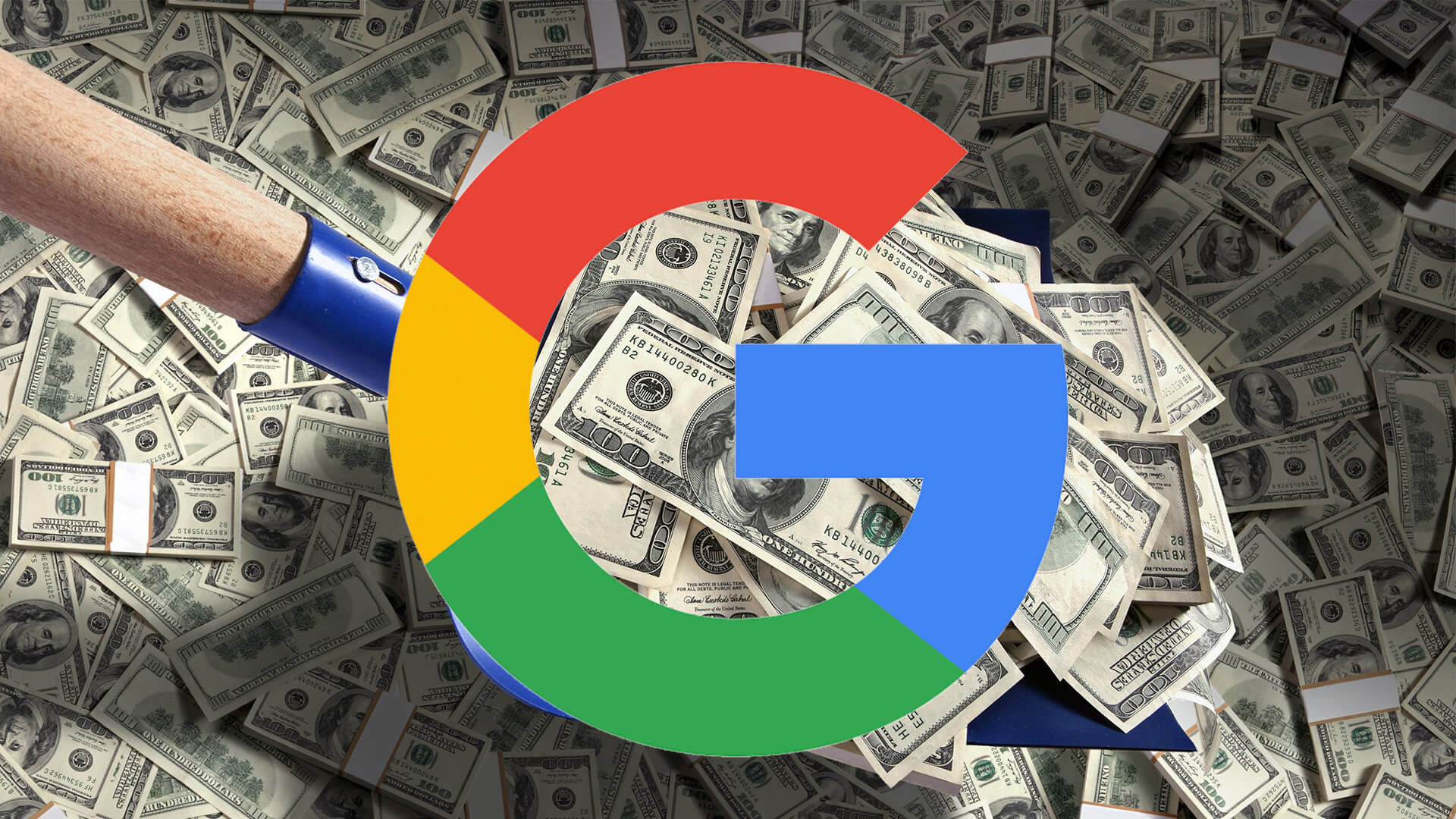
![How to Create a Winning Social Media Marketing Strategy [Free Template]](https://static.semrush.com/blog/uploads/media/94/04/9404d69596303391b679c0febe3bd93d/5ede0a3d323ac876f2aa51a018703bcf/winning-social-media-marketing-strategy-sm.png)
